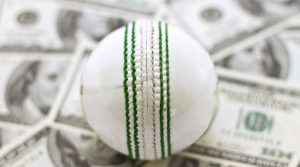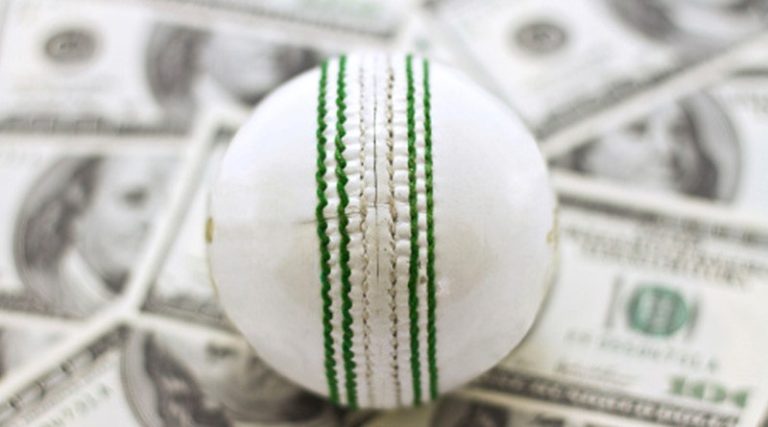In the world of online gambling, slot games are among the most popular attractions for players seeking excitement and potential rewards. However, along with their popularity comes a plethora of myths and misconceptions that can mislead both new and experienced players. Understanding the difference between myths and facts is essential to approach slot gaming with a clear mind and realistic expectations.
One common myth is that slot machines are “due” to pay out after a long losing streak. Many players believe that if a machine hasn’t paid out in a while, it’s bound to hit soon. This misconception often leads to chasing losses or increasing bets irrationally. In reality, each spin on an slot online is independent of previous spins due to the use of Random Number Generators (RNGs). These RNGs ensure every outcome is random and unaffected by past results, meaning there’s no such thing as being “due” for a win.
Another widespread belief is that certain times of day or days of the week influence slot payouts. Some players think playing during specific hours increases their chances of winning big jackpots. This notion lacks any scientific basis since RNG algorithms operate continuously without regard for time or date. The fairness regulations imposed on licensed online casinos also guarantee unbiased outcomes regardless of when you play.
Many assume that higher denomination slots offer better odds than lower denomination ones; however, this isn’t necessarily true across all platforms. While some high-denomination machines may have higher payout percentages, others do not differ significantly from penny slots in terms of Return to Player (RTP) rates. It’s more important to check the RTP value published by reputable casinos than just focusing on bet size.
A fact often overlooked by players is understanding RTP itself-the theoretical percentage indicating how much money wagered will be returned over time. For instance, an RTP of 96% suggests that over thousands or millions of spins, players can expect an average return close to 96%. However, short-term results vary widely due to variance or volatility factors inherent in slot gameplay.
Some believe using betting strategies like increasing bets after losses can improve winning chances; however, these approaches don’t alter the fundamental randomness embedded within slots’ design. Such systems may lead to bigger losses rather than consistent wins because no strategy can predict or influence random outcomes reliably.
In conclusion, dispelling myths about online slots helps foster responsible gaming habits rooted in knowledge rather than superstition or false hope. Recognizing that luck plays a dominant role alongside chance-driven technology enables players to enjoy slots as entertainment while managing expectations realistically-ultimately enhancing their overall gaming experience without falling prey to misleading beliefs.













